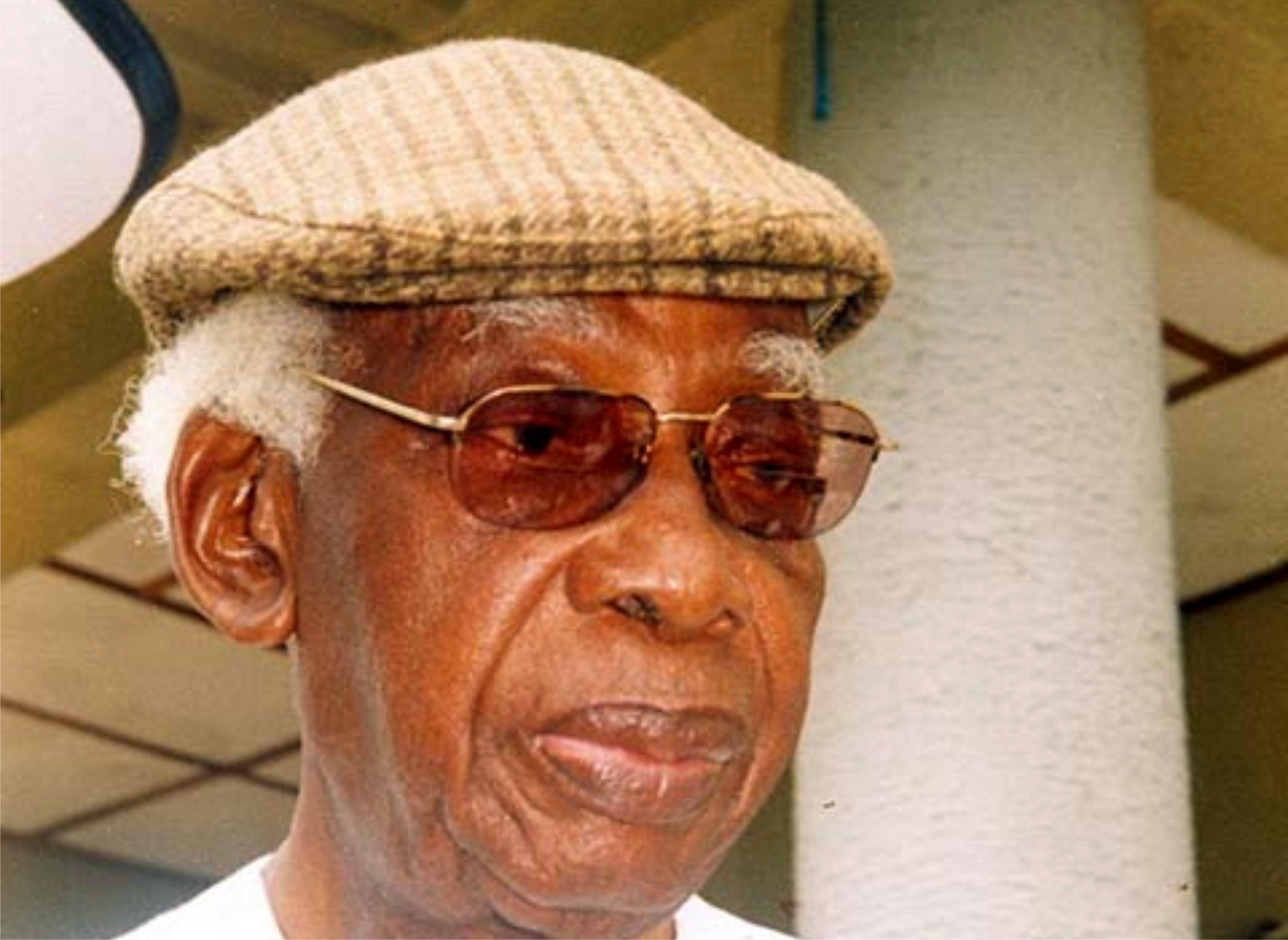Column
The Rhythm Of Life: The African Poet

What is poetry? In essence what is poetry all about?
According to J V Cunningham, a poem is a convergence of forms and forms of disparate orders, adding that it is the coincidence that locks in the poem that makes a peom a poem. A poem is composed of internal and intellectual forms. The forms are externally imposed to evoke feelings of happiness and sadness.
Although it is not quite easy to define poetry, it is a type of Literature based on the interplay of words and rhythm. It often employs rhyme and meter (a set of rules governing the number and arrangement of syllables in each line).
In poetry, words are strung together to form sounds, images and ideas that might be too complex or abstract to describe directly.
In contemporary African settings, various societies have professional poets especially in the courts of local Kings. In Hausaland, traditional poets could be seen chanting poems praising the local Emirs on some special events such as Sallah or Durbar.
Although these traditional poets are not graduates of universities in their various societies, they are acknowledged as superstars’ and sometimes invited to marriage ceremonies to perform.
However with the advent of modernity, post colonial Africa has produced renowned poets with formal education who have greatly impacted modern day Africa. The likes of Gabriel Okara, Lindsay Barret, John Pepper Clark, Mamman Vatsa, Helor Habila, Okey Ndibe, Christopher Okigbo, etc, among others have become household names.
A look at one of the works of the late poet from the Niger Delta, Gabriel Okara, titled The invocation shows a deep mastery of the use of words, rythym, thoughts and feelings of his natural environment.
The Invocation
See the sun in my hands
I see
See the Gods in the sun
I see
See the black in my hands
I see
See the fronts in my hands
I see
You are seeing the sum in my hands
You are seeing Gods in my hands
You are seeing the Back in my hand
You are seeing the front in my hand
I see
I see
See the moon in my hands
I see
You are seeing the moon in my hands
You are seeing the back of the womb
I see
I see
You are just a shape in the womb
The living shape of your back
The living shape of the earth
I am
I am
I am just a shape in the womb
I am just a shape of my back
I am just a shape of the earth
You are just a shape of the womb
The Earth is the womb of works
The sun is a sperm of sperms and the sun is playing in your front
Here, the poet not only uses vivid imagery to describe life but the words used have rhythm that flows up and down creating reality to the individual.
The poem talks about the influence of eternal factor (the sun) on the role it plays in bringing to life not just the individual into existence, but also impacting on his external existence by even changing his environment.
For example, the opening stanza, 1 see the sun in my hands
I see
I see
See the black in my hands
I see
Also, the third and fouth and fifth stanzas of the poem do not leave any room to doubt that man cannot stand isolated outside the influence of the elements. The sun, the moon and where we find ourselves even our complexion are interwoven while the sun and the moon play their gravitational roles and as well tell us the season of birth, death and rebirth.
The poet is also telling us that our hands reflect the glow of both the sun and the moon, adding that darkness is total blackness as the moon also reflects the light of the sun on our hands.
Gabriel Okara in his use of powerful imagery probably is also indicating that the sun plays the role of the man the moon that of the female
I am
I am
I am just a shape in the womb
I am just a shape of my back
I am just a shape of the earth
Here, the poet is emphasising that man is a product of the earth and that it is from the earth where things grow, so the earth represents the womb of a woman from where a child is kept safe and in due time brought out (delivered).
The poem has rhythm, not just that but musical tones that can even be chanted or sung to the beats of the gong, guitar or the piano.
Tonye Ikiroma-Owiye
Column
Are the Bears Wrong About the Looming Glut in Oil?

Column
Renewable Energy Faces Looming Workforce Crisis

Column
Is It End For Lithium’s Reign As Battery King?

-

 Politics4 days ago
Politics4 days agoPFN Rejects Call For INEC Chairman’s Removal Over Genocide Comments
-

 Rivers4 days ago
Rivers4 days agoFasthire, PHCCIMA, CIPM Host CareerFest 2026 In PH
-

 Sports4 days ago
Sports4 days agoEnekwechi wins Orlen Cup in season opener
-

 Politics4 days ago
Politics4 days agoHoodlums Disrupt LP-ADC Defection Event In Lagos
-

 Sports4 days ago
Sports4 days agoSimba open Nwabali talks
-

 Sports4 days ago
Sports4 days agoFalconets, Senegalese Lionesses arrive Ibadan for qualifier
-

 Politics4 days ago
Politics4 days agoRemoval From INEC’s Portal, Abure-Led LP Faction Mulls Legal Action
-

 Niger Delta4 days ago
Niger Delta4 days agoTinubu, Jonathan, Diri Pay Last Respect To Ewhrudjakpo

